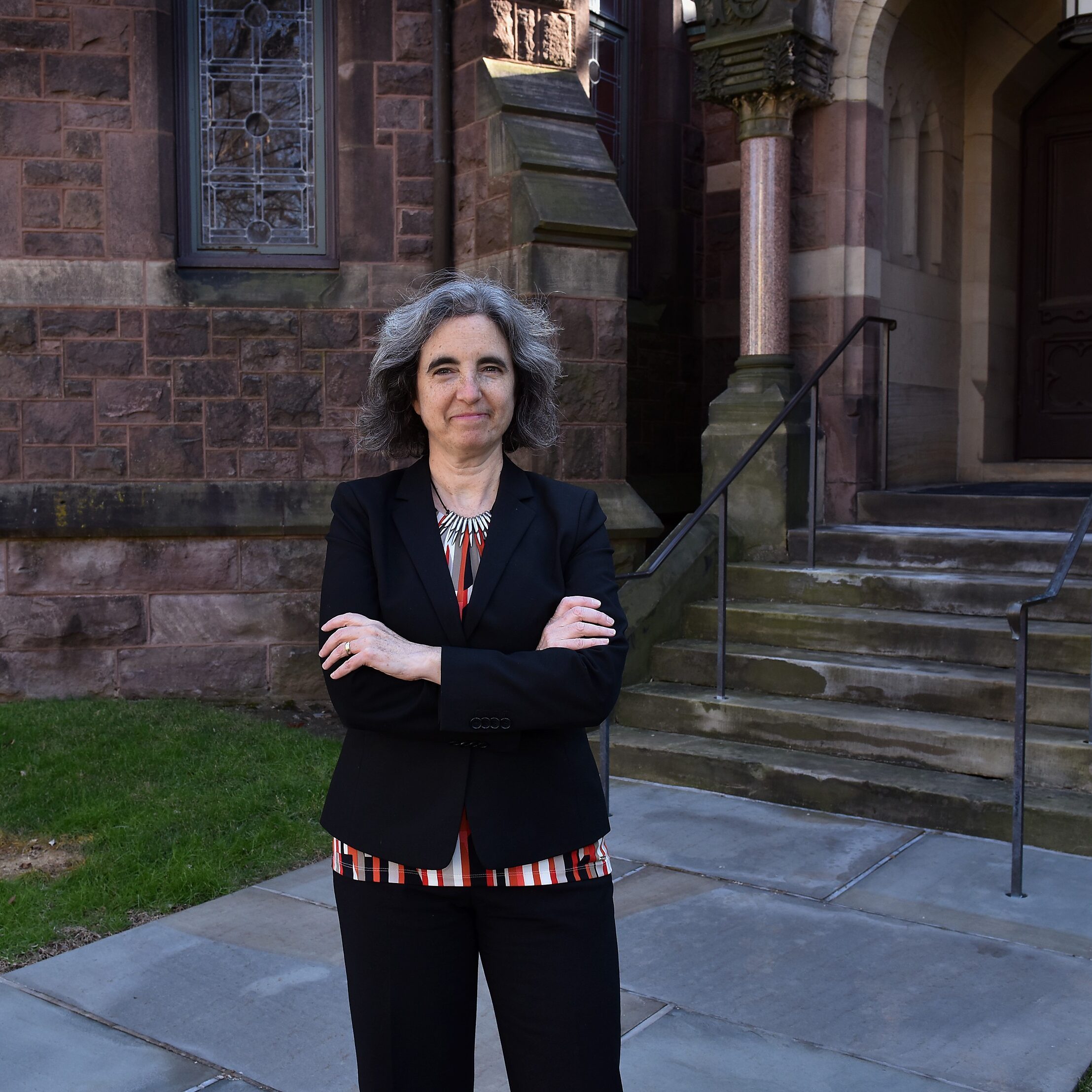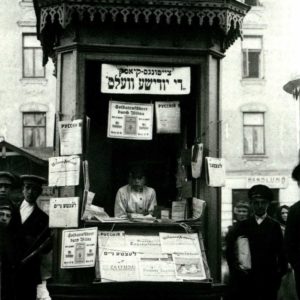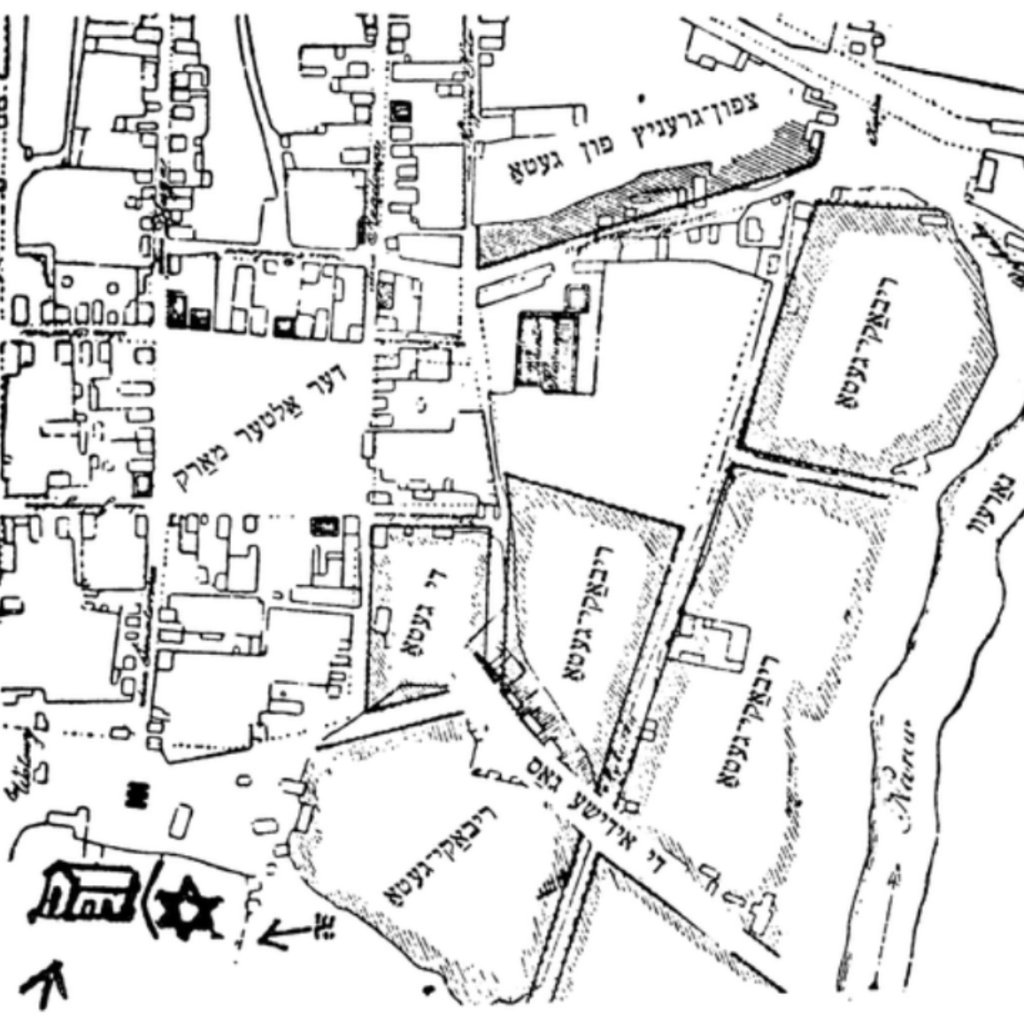For this Spring Seasonal Series, entitled Doing Research in a Pandemic, each correspondent has selected a researcher to interview about the impact of the pandemic on their research. We hope that these interviews document the nuanced ways the pandemic has affected research experiences, and serve as a resource for students and other researchers. Here, Austin shares his interview.

As part of our seasonal series, I interviewed Professor of History and Co-Director of the Princeton-Mellon Initiative in Architecture, Urbanism, and the Humanities, Alison Isenberg. A scholar of the American city and its contested history, Professor Isenberg is currently wrapping up her next book, Uprisings, which she sat down with me to discuss. Professor Isenberg, who took a sabbatical this year to drill down on the draft for Uprisings, details the contents of her book, how the pandemic changed the way she researches, and the implications of her book in our tense political moment.
Continue reading Doing Research in a Pandemic, an Interview with Professor of History Alison Isenberg



